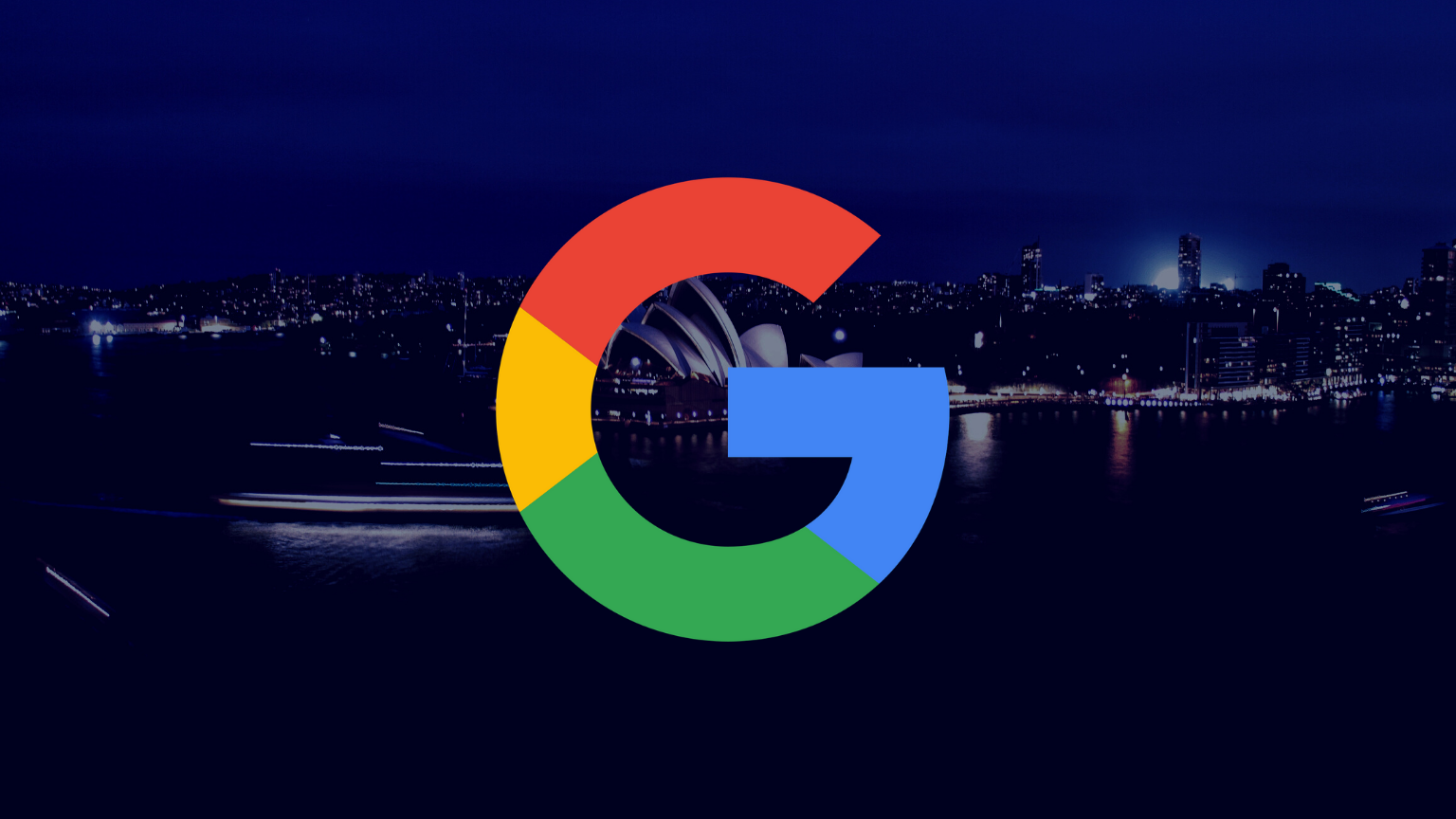Australian media company Nine Entertainment Co. Holdings Limited has signed multi-year content-supply deals with Facebook and Google, leveraging the new federal government’s media bargaining code to increase profits.
Nine Entertainment, owner of the Australian Financial Review, The Sydney Morning Herald, and The Age newspapers, as well as free-to-air TV channel Nine Network and Nine Radio, announced that it signed deals to supply content to Google’s News Showcase platform for five years, and a similar Facebook platform for three years.
“The five-year agreement with Google includes the supply of news content (excluding video) for Google’s News Showcase and other products. Google will also expand its marketing initiatives across Nine’s platforms,” Nine Entertainment said in a statement to Reuters.
“The deal with Facebook is for the supply of news video clips and access to digital news articles on Facebook news products.”
The move means that all three of Australia’s largest media companies have signed deals with US Big Tech companies, which had previously fiercely opposed the introduction of the media bargaining code, which required them to pay media companies for displaying their content on their platforms.
Facebook had clashed with the government about the law to an extent it blocked all third-party content from being seen by its Australian users. But in recent months, Big Tech companies have compiled, signing content-supply deals even with smaller media companies.
Rupert Murdoch’s News Corp, and Seven West Media, Nine’s biggest rivals, have recently signed similar deals.
All three media companies did not reveal the financial details of their deals. However, Nine said it expects the deals to increase its publishing units fiscal core earning in 2022 by $30 to $40 million.
Brian Han, a senior equity analyst at Chicago-based financial services firm Morningstar, described the deals as “juicy high-margin arrangements which finally shift the image of the much-maligned and structurally-challenged division to one that can now much better monetize its (albeit still dwindling) journalistic resources.”










